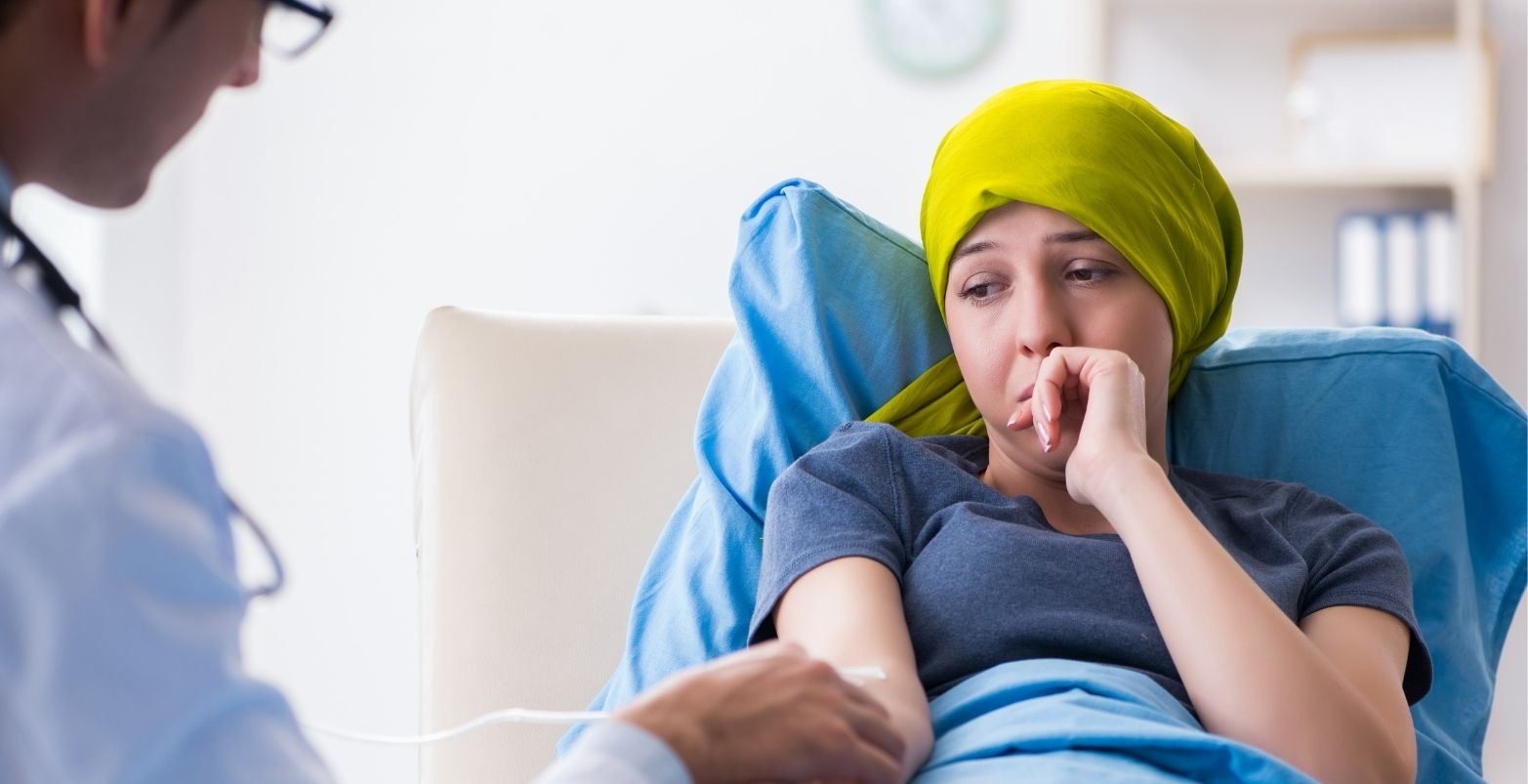By Ese Ogaga
Cancer Is No Longer Just an ‘Old People’ Thing
Not long ago, most people believed cancer was something to worry about in your 60s or 70s. But today, more young people especially women in their 20s, 30s, and 40s are being diagnosed with cancer. You might even know someone your age going through chemo, living with a diagnosis, or waiting on a biopsy result. It’s scary. And its real.
So, What Cancers Are Showing Up More in Younger Adults?
Recent studies have shown a noticeable rise in certain types of cancer among people under 50. The most common ones affecting younger women and men include:
- Breast Cancer: Women under 40 are being diagnosed more than ever before. Dense breast tissue, family history, and hormone changes can all play a role.
- Colorectal Cancer: Once considered rare in young people, the occurrence of this cancer (affecting the colon or rectum) is increasing in under for people in their mid-40s.
- Cervical Cancer: Even though HPV vaccines exist, many women are still being diagnosed, especially those who missed early screening.
- Thyroid Cancer: Often found in young women, it can be silent at first but usually shows up during routine checkups or scans.
5.Skin Cancer (Melanoma): This type of cancer becoming more common in younger people, even those who don’t regularly spend long time being exposed to sunrays. While sun exposure is a major risk factors, genetics, skin type, and even certain medications can make skin more sensitive to UV rays.
What’s Causing This Rise?
There’s no one-size-fits-all answer, but doctors and researchers are noticing a mix of lifestyle, genetics and environmental factors:
- Highly processed foods: Eating habits full of sugar, additives, and low in fiber can increase cancer risk. These foods can cause spikes in blood sugar and inflammation, both of which are linked to the growth of cancer cells. Processed meats, sugary cereals, packaged snacks, and even some “healthy” frozen meals can quietly harm your body over time.
- Hormonal changes: From birth control to fertility treatments, changing hormone patterns could play a role. Estrogen and other hormone levels that are out of balance can create an environment where certain cancers especially breast and reproductive cancers are more likely to grow. Even long-term stress and exposure to hormone-disrupting chemicals (like in plastics or cosmetics) can throw your body off.
- Obesity and inflammation: Extra body fat doesn’t just sit there it releases substances that can fuel cancer growth. Fat cells produce estrogen and inflammatory compounds, both of which can create a “fertile ground” for tumors. Even if you’re not visibly overweight, carrying too much visceral fat (around your organs) can quietly increase your risk.
- Toxins in products: Everyday items like cosmetics, cleaning agents, and even some plastics contain chemicals linked to cancer. Ingredients like parabens, phthalates, and BPA can act like fake hormones in your body, confusing your natural system. Over time, repeated exposure even in small amounts can add up, especially for women who use multiple personal care products daily.
- Stress and poor sleep: Constant burnout can weaken your immune system and mess with your hormones. When your body is always in “fight or flight” mode, it doesn’t get a chance to repair itself or fight off abnormal cells. Poor sleep adds to the problem by lowering melatonin (a hormone that helps regulate cell growth) and increasing inflammation.
- Delayed screenings: Many young people don’t get screened because they assume they’re too young for anything serious. Unfortunately, this means warning signs are often missed or brushed off as “nothing.” By the time symptoms become obvious, the cancer may already be in a later stage. Early detection saves life and age shouldn’t stop you from speaking up or getting checked.
So, What Can We Do?
Cancer can feel random, but there are real steps you can take to lower your risk:
- Know your body: Don’t ignore weird changes. Lumps, bloating, fatigue, or bleeding between periods? Get checked.
- Eat fresh: Choose whole foods, add fruits, veggies, and fiber to your meals, and cut back on ultra-processed snacks.
- Move your body: Regular movement (even walking) helps reduce inflammation and balance hormones.
- Limit alcohol and quit smoking: Both are strongly linked to various cancers.
- Check your products: Prioritize switching to cleaner, non-toxic skincare and home products when you can.
- Get screened: Routine checks like Pap smears, breast exams, and even colon checks can make a world of difference especially if there’s a family history. Please don’t wait!
- Manage stress: Easier said than done, but regular sleep, rest, and joy matter more in supporting your entire health than you think.
Remember….
You do not have to live in fear, but you should live aware. Young women’s health complains are sometimes overlooked but remember that It’s okay to ask questions, it’s okay to demand answers, it’s okay to put your health first and it’s important to be your own advocate.







